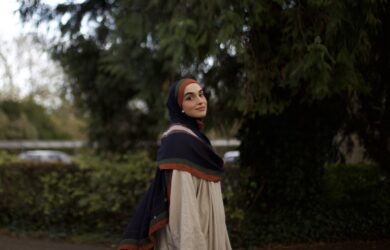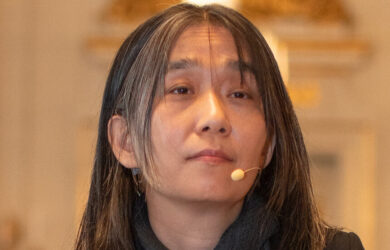
Todd Tucker publishes article discussing the impact of a recent World Trade Organisation ruling on a US ban on clove cigarettes.
A recent World Trade Organisation ruling on a US ban on clove cigarettes shows the international body is not best placed to adjudicate on public health issues, according to an article by Gates Cambridge scholar Todd Tucker.
The article, One of these things is not like the other: likeness and detrimental impacts in US-clove cigarettes, is published in Transnational Dispute Management.
The article criticises the World Trade Organisation Panel and Appellate Body ruling on clove cigarettes. The ruling was based on a claim by Indonesia that a US decision to ban clove cigarettes from Indonesia while allowing the sale of US-manufactured menthol cigarettes was discriminatory.
The ruling challenged the US’ Family Smoking Prevention and Tobacco Control Act and its rationale for treating clove and menthol cigarettes differently. Part of that rationale was that menthol cigarettes are far more commonly used in the US than clove cigarettes and any ban was likely to be circumvented involving huge extra resources for the police. Tucker [2012], who is doing a PhD in Development Studies, says the WTO ruling is weighted more towards Indonesia’s trade interests than US public health interests and is not based on empirical evidence.
Tucker, who from 2004 to 2012 directed research on trade issues for Public Citizen, says the ruling has boxed the US into a corner over cigarette regulation. Either it bans menthol, which would be politically difficult to do, waters down its public health message by sanctioning additional tobacco products or ducks compliance with the ruling.
He says the outcome suggests the international dispute settlement process of the WTO “is poorly suited to resolving such sensitive public health matters”.
Photo credit: Creative Commons and Oh it’s amanda.












